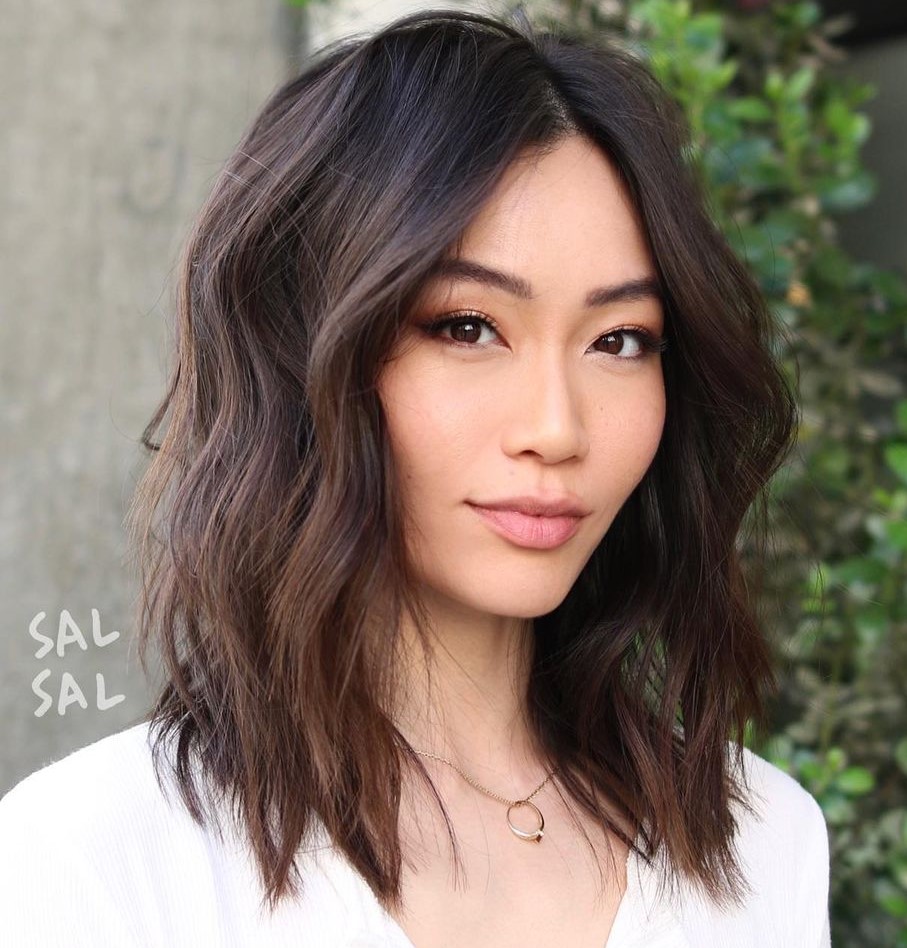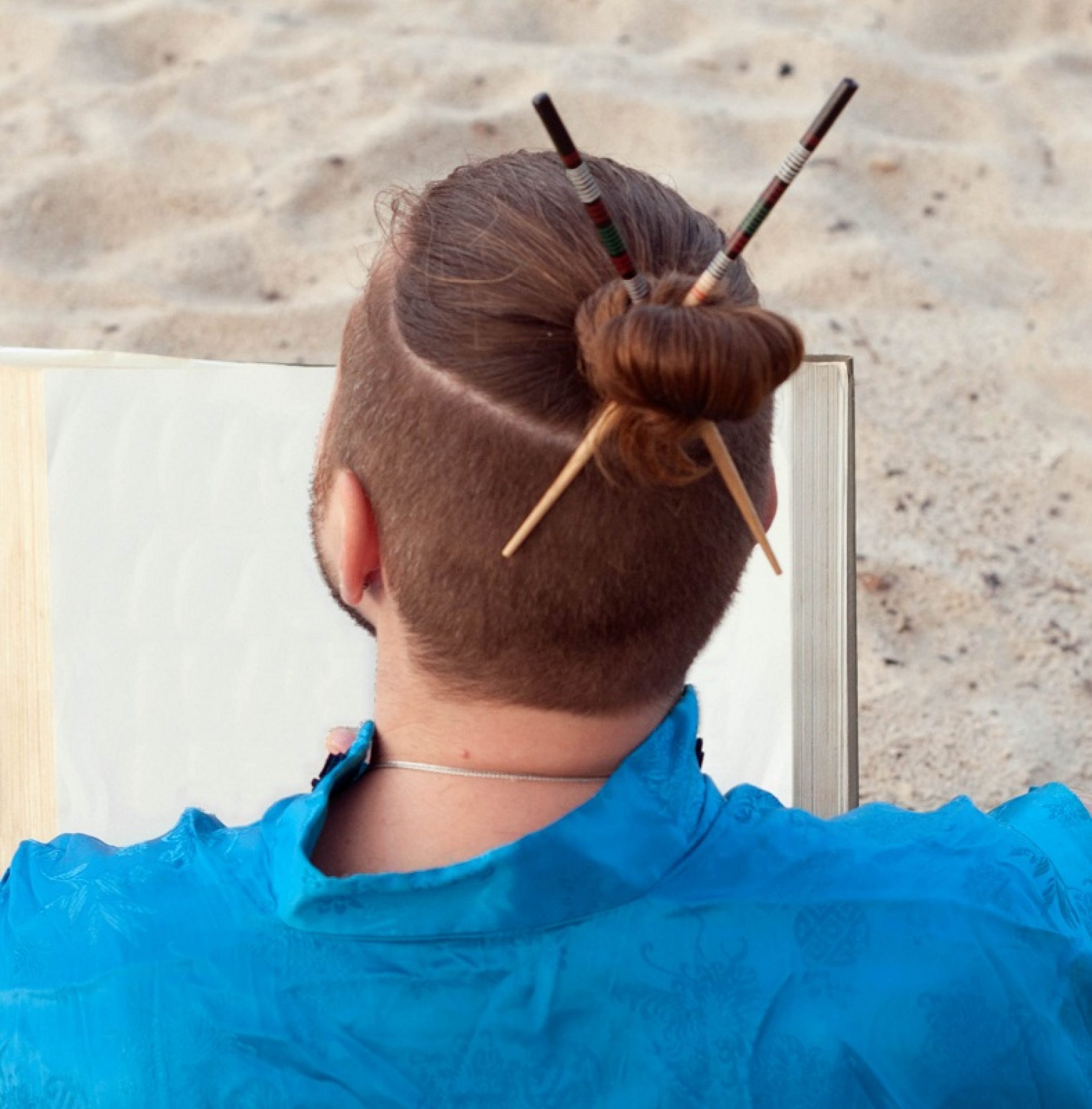

Reference image of Chinese men with queue hairstyles from * Han Chinese: a Chinese ethnic group that originated from the Han dynasty, 206 BC- 220 AD. This would have significantly affected Chinese immigrants, as keeping their queue was the only way to secure their chance of returning to China. In 1873, California, the Pigtail Ordinance was enforced this meant that all prisoners had to have their hair cut within an inch of their scalp. So a Chinese man without a queue was the same as a dead man. Not shaving your hair was treason against the emperor and was punishable by death. China wore their hair in what is called a queue. The policy of the Qing dynasty’s queue was “lose your hair, keep your head or lose your head, keep your hair”. Why do Chinese cut hair The Queue Order was established to display devotion.

Many men refused to shave their heads, to show defiance to the Qing rule, but were executed. Traditionally, Chinese men and women grew their hair long and then styled it in elaborate ways the queue denied them their cultural right to grow their hair. The queue was originally a symbol of submission but was also a sign of repression the Qing Dynasty used this to show their dominance in China. It was then ordered that all Han Chinese* men had to shave and braid their hair (except for Buddhist monks and Taoist priests). In 1644, a Manchu army conquered China and thus the Qing dynasty born. The queue was a hairstyle in which the front and sides of the head were shaved and the rest was plaited into a braid, this was originally a Manchu (a north-eastern Chinese region) hairstyle. Known as a ‘ queue ’ the French word for ‘tail’ the traditional hairstyle is often associated with the Manchu people, prior to their forming. (I mean wanting to divorce the emperor is pretty much treason as well…) That’s why it is considered an earth-shattering thing, and to this day, people still debate about why the historical Step Empress (was said to have) cut her hair since it was such taboo.The queue hairstyle (or pigtail) was worn by Chinese men between the 1600s and the early 1900s. However, it can also be read as cursing death on the emperor and/or empress dowager, which is basically treason. In the drama, Ruyi’s intent in cutting her hair was to signify the death of her marriage and the fact that she no longer wish to remain Qianlong’s wife. hair wife) to signify that she is his official wife. In the drama, Qianlong always describes Langhua as his 发妻 (lit. In everyday language, marriage/husband and wife are described as 结发夫妻 or “husband and wife whose hair is tied together”. In wedding ceremonies there is usually a part where a lock of the husband’s hair and a lock of the wife’s hair is tied together to symbolise unity and the fact that they are bound. Culturally, marriage is conceptualised by a couple’s hair being tied together. For a woman of Ruyi’s status (the empress) she could only cut her hair when either the emperor or empress dowager died.ģ. In Manchurian culture, aside from the men who shave the front of their heads, you would only ever cut your hair in time of deep mourning. (Republican-era dramas/movies about politics will always have a symbolic™ scene of a man cutting his queue.)Ģ. Until early in the 20th century the traditional haircut for a Chinese man was the queue, or braided pigtail, with a shaved forehead.

When the Manchurian first took over China and established the Qing dynasty, they had to enforce the Manchurian queue hairstyle with threats of death for it to be complied with. Han Chinese believes the hair is the gift from parents, so in whole of their life the hair should be maintained. This was why many Han Chinese refused to follow the Manchus to cut the hair with maintaining the Queue.

To have your hair forcibly cut is a great humiliation. Beside the Queue is the hair style forced by Manchus, but in old Han Chinese culture, people never cut the hair. It is for this reason that hair cutting is sometimes used as punishment in ancient China. (身體髮膚,受之父母,不敢毀傷,孝至始也)Īs a result of this ideology, both men and women wound their hair into a bun (a topknot) or other various hairstyles. This idea is the quintessence of filial duty.
Chinese queue hair cut skin#
“We are given our body, skin and hair from our parents which we ought not to damage. In the 1980s, people in China could land themselves in trouble with the government for their fashion choices. Even though kcuts is a 10 minutes quick haircut, do expect very long queue and. According to the Classic of Filial Piety, Confucius said hair would have grown longer and may be uncomfortable or out of shape. Traditionally, adult Han Chinese did not cut their hair for philosophical and cultural reasons. From a Confucian point of view, cutting one’s hair was considered unfilial. Hair has very significant social and political value in ancient China.ġ. Why Ruyi cut your hair was so serious? I feel like I'm the only one with that doubt lol


 0 kommentar(er)
0 kommentar(er)
